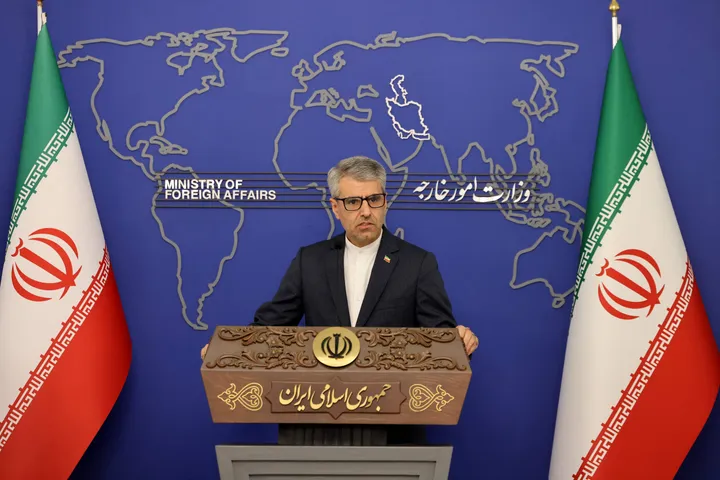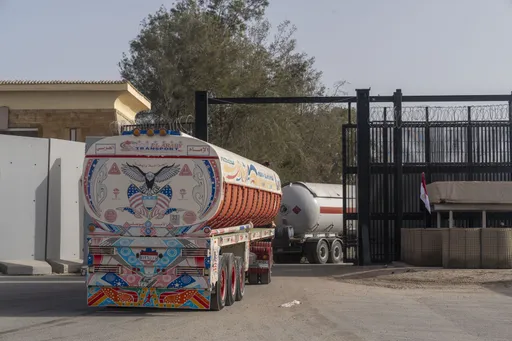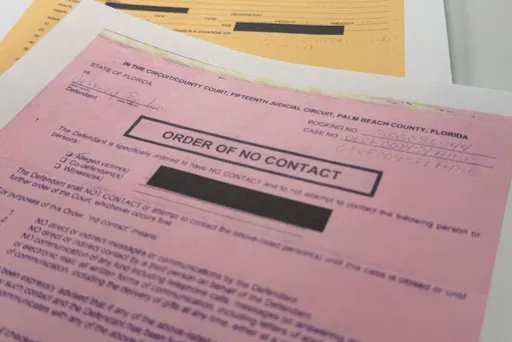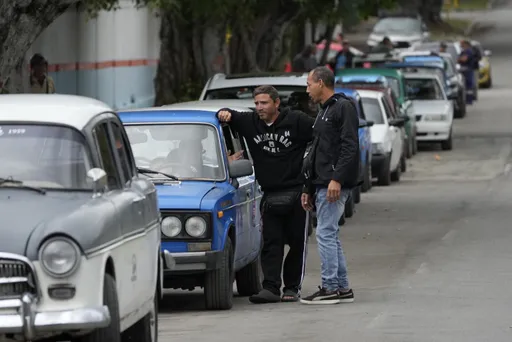The UN secretary-general's special adviser on Libya has called on both Prime Minister Abdul Hamid Dbeibah and Fathi Bashagha, who was nominated by eastern-based rival parliament as new premier, to preserve calm and stability in the North African country.
UN adviser Stephanie Williams held separate meetings with Dbeibah and Bashagha on Sunday and sought elections to end the ongoing political deadlock.
Williams said on Twitter she highlighted in her meeting with Bashagha "the need to go forward in an inclusive, transparent, and consensual manner, and to maintain stability in Tripoli and throughout the country."
She added that the focus must continue to be on the holding of "free, fair and inclusive national elections in the shortest possible time."
"I reiterated the importance for all actors and institutions to work within the political framework and, above all, to preserve calm on the ground in the interest of Libya's unity and stability," she wrote.
She also said the UN "remains committed to raising the voices of the 2.8 million Libyans who registered to vote".
The UN has said it still recognises Dbeibah as Libya's interim prime minister.
READ MORE: Explained: Libya's recent political deadlock
READ MORE:Libya's eastern-based parliament appoints new PM
Geneva roadmap
Dbeibah, prime minister of the UN-recognised Government of National Unity (GNU), has said he will hand over power only after an election and has rejected eastern-based rival parliament's move last week to appoint former interior minister Bashagha to head a new government.
Khalifa Haftar, the warlord who tried to topple the UN-recognised government, supports the parliament in eastern Tobruk city while the UN supports Dbeibah and the parliament in capital Tripoli.
Dbeibah emphasised during his meeting with Williams the need to complete the roadmap approved in Geneva.
All parties are responsible for creating "the appropriate conditions for holding national elections and holding a referendum on the constitution during this year," Dbeibah said.
For his part, Bashagha said his meeting with Williams touched on efforts to form the proposed government "in a transparent and fair manner."
He also stressed "his keenness on the stability of the security situation and committing to the constitutional frameworks and timelines set for holding the elections."
READ MORE:UN still recognises Libya's Dbeibah as prime minister
Conflict since 2011 revolt
Libya was meant to hold presidential and parliamentary elections in December, but arguments between factions and bodies of state over how they should take place meant the process collapsed days before the vote.
The country has been ripped apart by a decade of regional, tribal and ideological violence since a 2011 revolt toppled and killed Muammar Gaddafi.
READ MORE:Will the UN allow a parallel government to be established in Libya?























